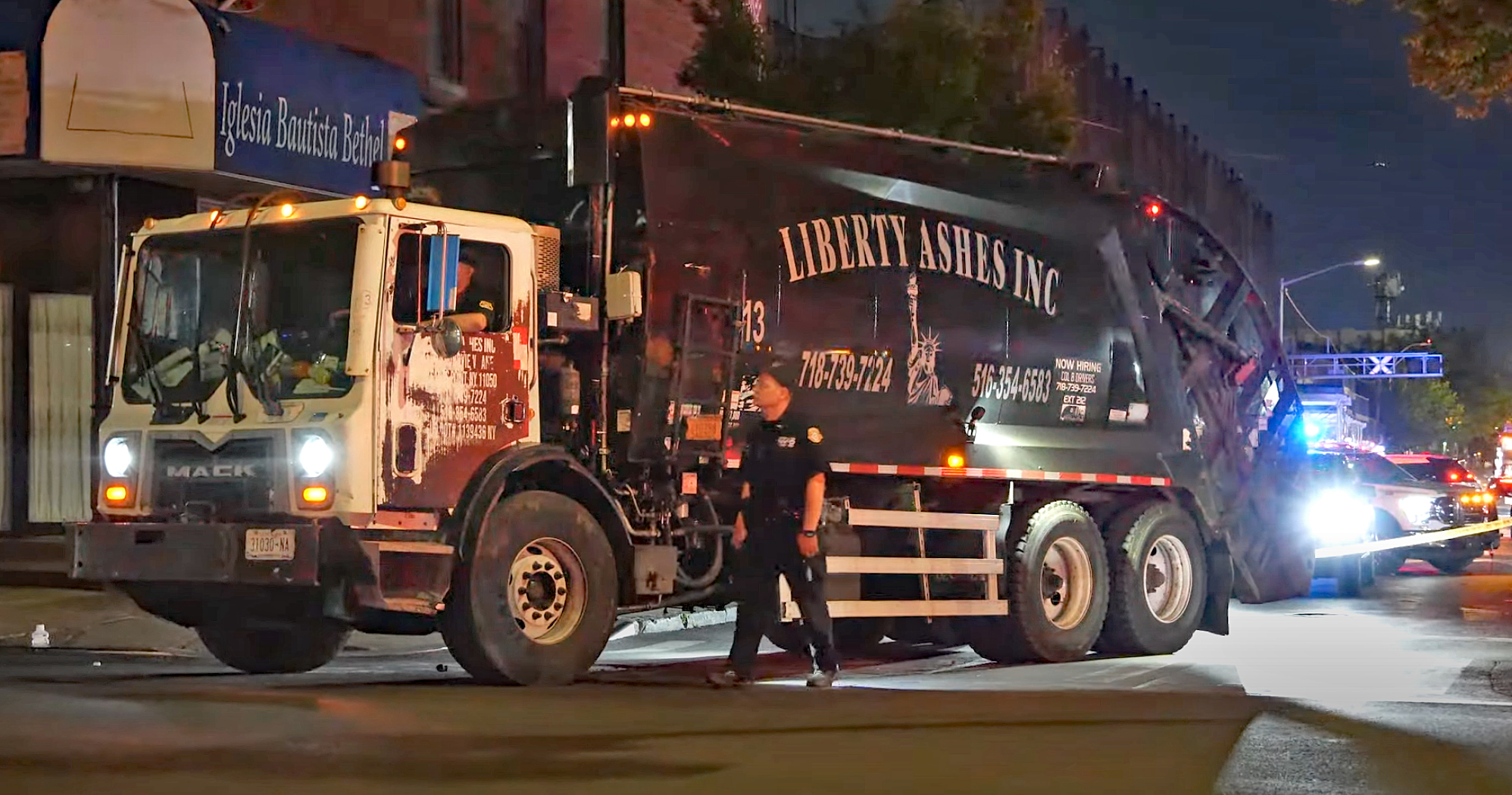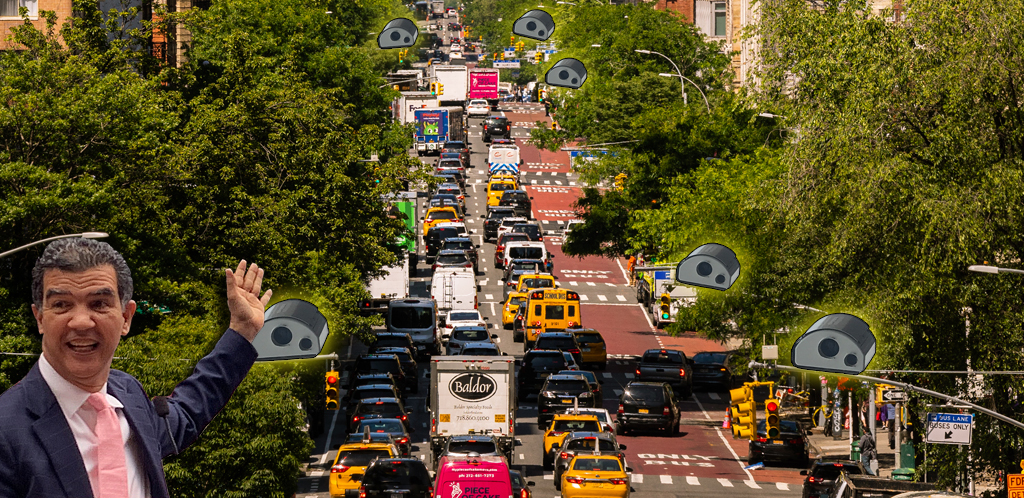The House Transportation and Infrastructure Committee is having its say about the president’s ambitious – and unpaid-for – budget request for transportation.
“The [president’s] proposal assumes a ‘placeholder revenue increase’ of $435 billion over a 10-year period but does not identify how to pay for the revenue increase,” says the committee’s “Views and Estimates” document, which it submitted late last week, without much fanfare, to the House Budget Committee. It goes on to say the committee “cannot support the administration’s proposed reauthorization funding level” for that reason.
It's another sign of the tough road ahead for the significant reforms outlined by the administration, like the $28 billion proposed for livability initiatives over six years.
It’s worth noting that the committee approved this document by voice vote and that there was dissent. The document itself discloses that it does not, in all cases, represent the views of all its members.
The document begins with some sobering talk about the federal budget deficit and says the committee wants to “cut costs, streamline programs, consolidate facilities, eliminate waste,” etc. (Get used to those verbs. You’re going to be seeing a lot more of them from this Congress.) The committee emphasized its continued support for a “user-financed” approach (though it also has taken off the table any possibility of making the gas tax “user fee” robust enough to actually pay for transportation needs) and refuses to use general fund transfers to keep the Highway Trust Fund solvent. All of that adds up to a significantly smaller bill than the president proposed, and potentially even a smaller bill than the last authorization.
Certain language appears over and over again in the document. Such as: “The Committee will evaluate the administration’s proposal when it transmits its full reauthorization proposal to Congress.” The administration hasn’t promised a more fleshed-out proposal than what it’s already offered – the president often gives Congress an outline of his wishes and then lets them write the legislation themselves – but clearly the House is calling the president’s bluff on “working with Congress” on funding the program.
The committee agrees with the president on a couple of items:
- Eliminating and consolidating overlapping and duplicative programs.
- Funding brownfields revitalization at $148.5 million, the level requested by the president, which is just $1 million less than this year.
Some Obama proposals that the House rejects are:
- Shifting transportation from the “discretionary” to the “mandatory” column of the budget (because, the document says, such a shift “fails to recognize the need to link Trust Fund revenues to spending").
- Imposing a new rail safety user fee on railroad carriers to cover the cost of FRA inspectors. The committee rejects this on the basis that increased funding and staffing of the FRA is a sign of “out-of-control growth in government bureaucracies.”
- Appropriating $4.2 billion for Amtrak’s capital and operating needs. The committee wants to reduce Amtrak funding and press for “full enactment of private sector participation initiatives.” (The committee also opposes the continuation of Amtrak’s control over the Northeast Corridor, “one of the most valuable transportation assets in the United States” which Amtrak “has proven itself to be poorly equipped” to manage.)
The committee stressed the importance of maintaining a trust-fund system for transportation spending and the high priority it puts on making sure user fees deposited into the trust fund are used for their intended purposes, suggesting some friction with the new House rule that allows money to languish, unspent, in the Highway Trust Fund as a way to give the impression that Congress is cutting the deficit.
The committee also wants to speed up the project delivery (which would almost certainly include skimming over some environmental review processes) and strengthening (and even expanding) the TIFIA loan program. It’s cooler on the infrastructure bank idea, saying it will evaluate the president’s full proposal on that when it comes. More immediately, it may evaluate Sen. John Kerry’s proposal.
Most significant, though, is the committee’s refusal to go along with the administration’s full-tilt embrace of high levels of investment without a plan to pay for them without increasing the deficit. Their skepticism got some validation the same day it released its Views and Estimates report. The Congressional Budget Office said President Obama’s budget would add $2 trillion more to the deficit over the next decade than the White House had claimed.





